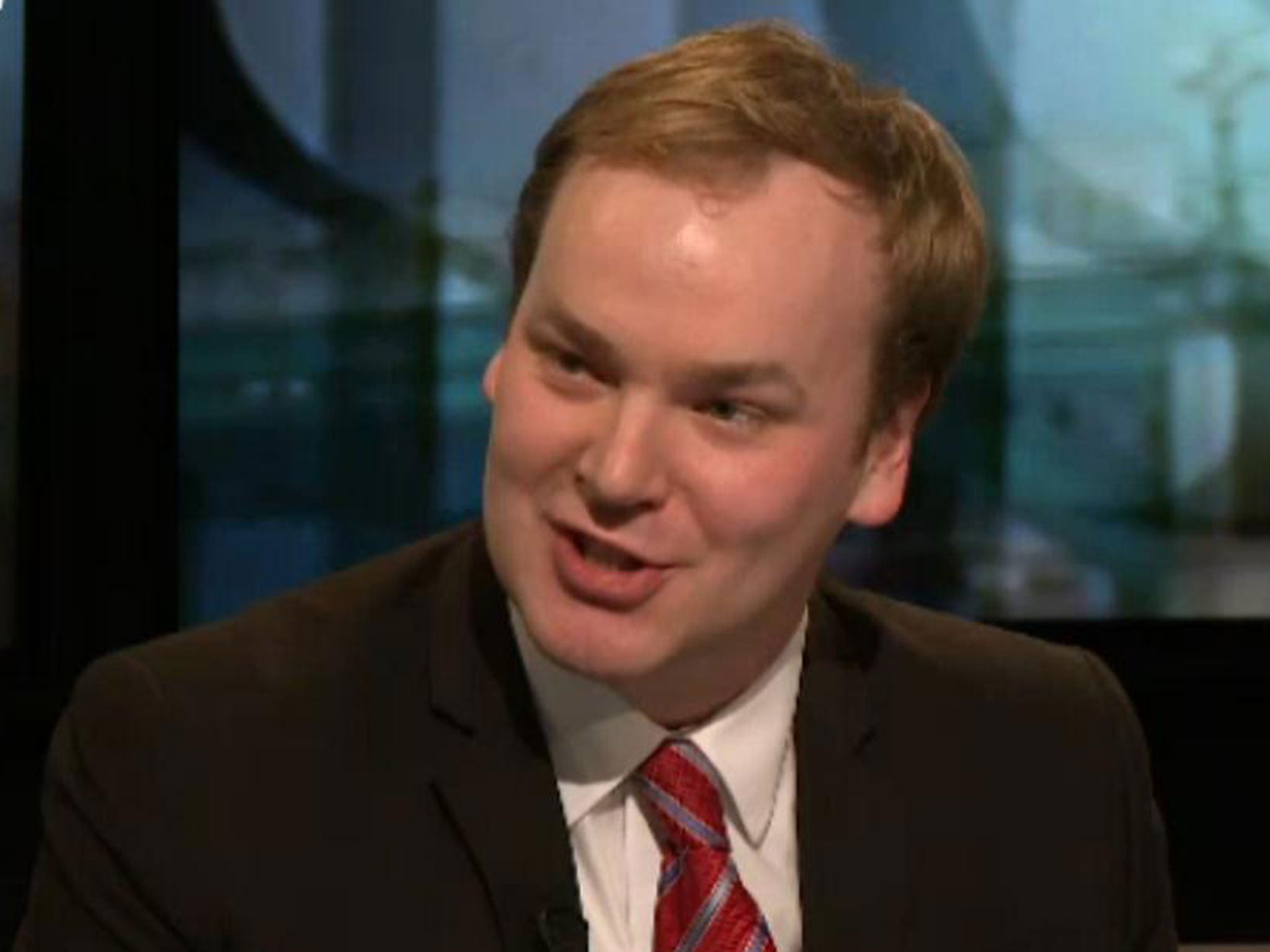How can we better protect MPs from blackmail, cyber espionage… and themselves?
As the William Wragg spearphishing scandal shows, our politicians are routinely susceptible to digital fraud, writes Sean O’Grady – perhaps the security services could organise some seminars to teach them the danger signals from random ‘sext’ messages?


Whether he wants or needs the sympathy, the “spearphishing” tale of William Wragg MP is very much a case of “there but for the grace of god go I”.
Any of us can fall victim to subterfuge and fraudsters, and the online world provides more opportunities than ever for even the most wary and suspicious of us – as the terrifying explosion in scam-based fraud proves.
While “phishing” attacks tend to be broad, unsophisticated attempts to get people to share confidential or sensitive information via use of things like mass emails or text messages purporting to be from trusted sources, “spearphishing”, of the type Wragg was subjected to, sees cyber-fraudsters target an individual person or entity with highly personalised, much more sophisticated communications in the hope the target will share something compromising.
It can, in other words, happen to anyone, and does. But for a Westminster politician, the risks must be heightened.
In the eyes of a malign foreign power, even the most obscure backbencher can be a source of at least intriguing gossip, and perhaps more. As we saw with Wragg, a relatively unknown figure outside the political circles, a victim such as he can be pressured – the correct term is surely blackmailed – into disclosing information about more powerful colleagues, including, as we see, their usually well-guarded personal phone numbers, which were used on a series of targeted sexual phishing expeditions.
Apart from a few middle-aged “d*** pics” of our more exhibitionist legislators floating around, it doesn’t sound like much harm was done on this occasion. Indeed, the real damage, as is usual with blackmail, is the cruel emotional trauma inflicted on the victims. We saw this with Wragg who, speaking to the Times, said “I’ve hurt people by being weak. I was scared. I’m mortified. I’m so sorry that my weakness has caused other people hurt.”
It’s nothing new, the “honeypot” or “honey trap” game. Many famous spies have been unwillingly entrapped and recruited in this way, and there have been many more attempts. There’s a story, for example, about how the Russians tried to use a series of handsome young men to seduce the lifelong bachelor and former prime minister Edward Heath on one of his trips abroad. The by then determinedly asexual Heath proved immune to their boyish charms and, as his security service detail noted, “Tubbs” – as they called him – was far too wary to fall for a trick like that. After all, with his long career in politics, he had seen too many colleagues brought down in such a way, either by enemies of the British state or the tabloid media.
But, of course, not all are so circumspect about unexpected amorous attention.
When, in the early 1960s, the British naval attaché in Moscow, John Vassall, made friends with some young Russian guys and ended up being secretly filmed at a gay orgy, he was succumbing to the kind of temptations that could trouble any of us. He became a well-rewarded and apparently useful Russian agent – but surely unwillingly. Had homosexuality not been not just illegal, but hugely shameful at the time, he couldn’t have been blackmailed – and clearly we are not yet tolerant enough about the private lives of other people to entirely remove the potential for blackmail and “turning” a public figure.
One of the ways we could make the honey trap a less potent weapon of espionage is to take the taboo out of the notion of attending a gay orgy. It needn’t be a shameful thing, after all.
Given that politics is “showbiz for ugly people” (albeit a bit less true than in the past), that Westminster can be a bit of a boozy hothouse, and that politicians can be quite “driven” in all aspects of their lives, we may expect many more minor scandals as a result of spearfishing and similar stratagems.
Maybe the security services could organise some seminars for MPs, civil servants, diplomats, armed forces personnel and the like, to teach them the danger signals from random text messages or other unusual approaches; but many will still want to go “feasting with panthers” and putting themselves in harm’s way, simply for the thrill of it.
Sadly, many have been the otherwise shrewd and responsible politicians who’ve been caught wandering on the Common or cottaging, and long after attitudes to homosexuality began to change. We remain unduly censorious about people in public life.
As one wise MP once remarked, the only acceptable vice for a politician is a bag of boiled sweets. In the final analysis, there’s no substitute for common sense, even if it’s all too easily overwhelmed by the adrenaline rush of buzzing around a tasty honey trap.
Join our commenting forum
Join thought-provoking conversations, follow other Independent readers and see their replies
Comments
Bookmark popover
Removed from bookmarks